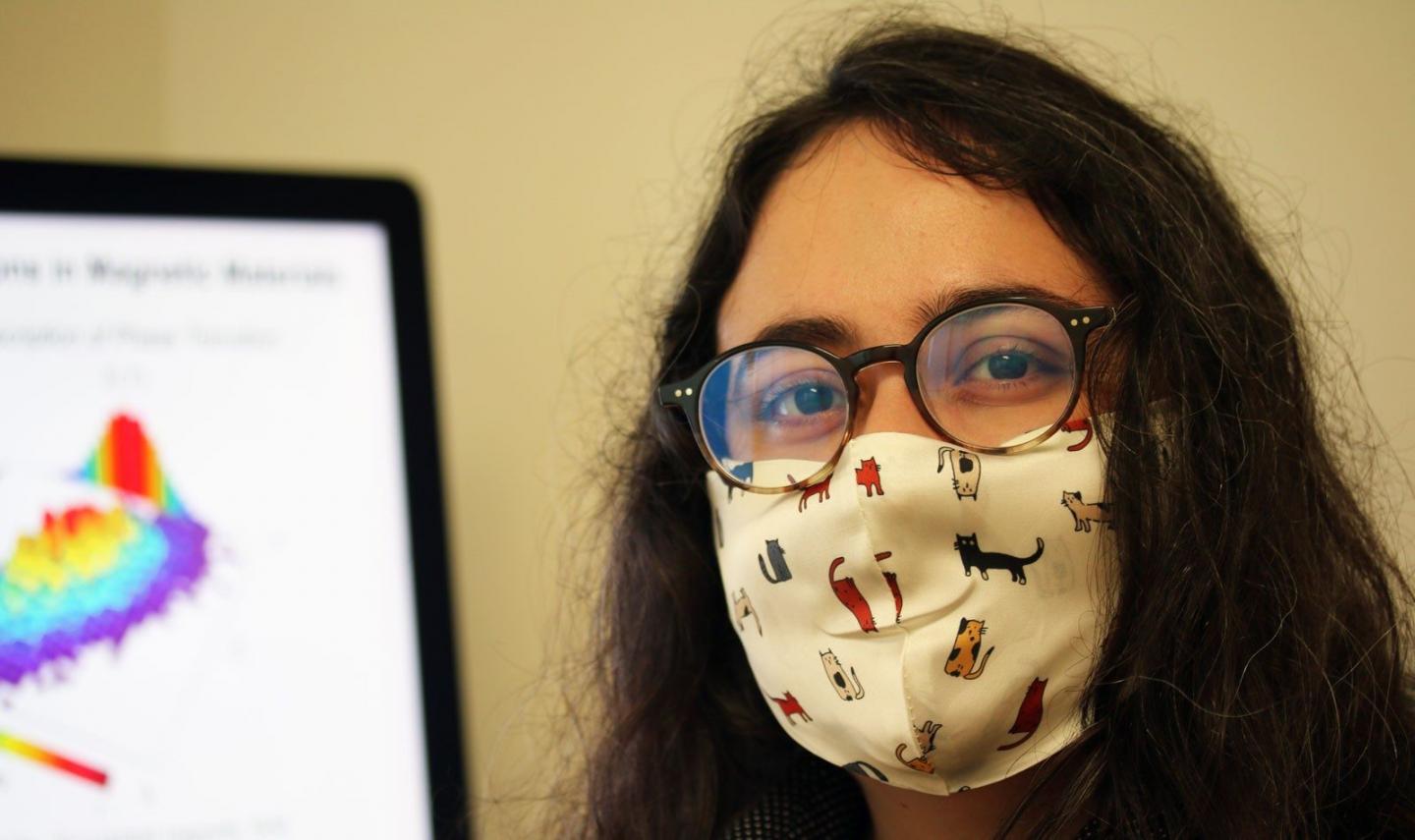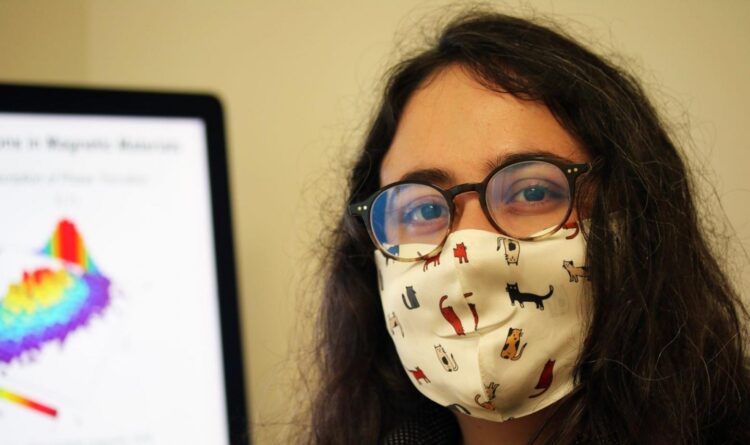
Credit: Virginia Tech
Mechanical engineering Assistant Professor Pinar Acar has received an Air Force Office of Scientific Research Investigator Research Program award, a three-year grant of $450,000, to study the changes in magnetic fields for components intended to replace rare-earth metals.
Rare-earth metals have become critical components of many different types of technology. As their use continues to expand for consumer devices, finding new sources for these metals has become more expensive and difficult. For military aircraft applications that require large quantities of these elements, a strong motivation has emerged to find new solutions. Acar explained that there are devices throughout a plane that use magnetics to control sensors, report problems, and keep an aircraft stable.
New-generation magneto-mechanical devices, such as printed magnetics, could be the answer to that problem, according to Acar. By using more traditional magnetic elements but arranging them along a surface at the microscopic level, one could create components with increased functionality without the need for hard-to-get metals.
Acar’s group will introduce a number of variables to test the behavior of next-generation components among a range of uncertainties.
“We will analyze the long-range effects and the effects of uncertainties as magnetics change within materials,” said Acar. “The improved understanding of phase transition behavior will have far-reaching benefits for science, engineering, public health, and the economy. A better comprehension of how uncertainties affect the phase transitions will minimize the risks arising from the failure of magneto-mechanical devices used in extreme environments due to the unexpected changes in their permanent magnetic properties.”
Acar believes the research will advance knowledge on the phase transitions in magnetic materials that are subject to both external magnetic fields and temperature changes. Her main interest is investigation of the effects of temperature and external magnetic fields on the ferromagnetic to the paramagnetic phase transition. In the paramagnetic state, the magnetic materials lose their permanent magnetic properties, while in the ferromagnetic state, they demonstrate spontaneous magnetism.
The team will use 3-D models that simulate interacting magnetic spins and applied magnetic fields to test their theories. The group will build a theoretical solution to determine the point at which the critical phase transition occurs by developing a high-fidelity numerical framework that couples 3-D models with novel analytical uncertainty quantification techniques.
Acar has a cross-disciplinary background and academic training, with a Ph.D. in aerospace engineering from the University of Michigan, master’s and bachelor’s degrees from the Aerospace Engineering Department at Istanbul Technical University, and research interests in computational materials engineering, design optimization, and uncertainty quantification.
She is the recipient of the prominent International Amelia Earhart Fellowship, which is awarded annually to only a few women around the world in aerospace sciences, for her research on multiscale modeling of materials under uncertainty.
###
Media Contact
Suzanne Irby
[email protected]
Original Source
https:/





